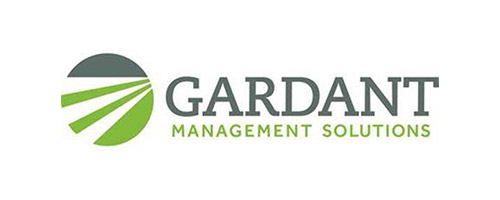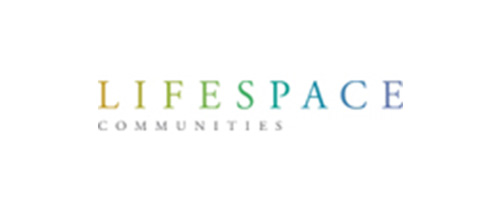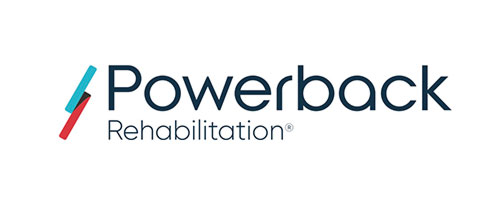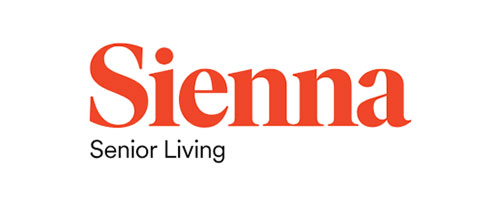Scientific research
All reports are FREE to ICAA Organizational and ICAA 100 members. Individual members need to upgrade to an Organizational and/or ICAA 100 membership to access reports.
Non-member can purchase reports by setting up a nonmember account, click on the Log-in button above to do so. Nonmembers can also access reports by purchasing an ICAA Organizational or ICAA 100 membership.
Access and utilize the ICAA library of scientific studies, reports and statistics to assist you with the development of your business case for wellness, program and community design and development, evidence-informed lifestyle choices and marketing strategies and approaches.
Topic- Caregiving

Ethical guidance for dementia diagnosis, care: AAN
The American Academy of Neurology recently updated its 1996 ethical guidance for dementia. However, the position paper was developed before FDA approval of the new medication aducanumab and does not address that drug. Following are some highlights of the paper.
moreCaregiving

How to care for people with dementia and their care partners
A new report, "Meeting the Challenge of Caring for Persons Living with Dementia and Their Care Partners and Caregivers: A Way Forward," examines the complex body of evidence on dementia care and informs decision making about which interventions are ready to be broadly disseminated and implemented. It also offers a blueprint to guide future research. Active aging organizational leadership interested in the science behind new and emerging initiatives and interventions, as well as what work is still needed, will find the report a valuable resource.
moreCaregiving

Racial/ethnic discrimination a barrier to dementia care
Findings from two national surveys appearing in the Alzheimer's Association's "2021 Alzheimer's Disease Facts and Figures" report reveal that discrimination is a barrier to Alzheimer's and dementia care. More than one-third of Blacks (36%), and nearly one-fifth of Hispanics (18%) and Asians (19%) in the US believe discrimination would be such a barrier. In addition, half or more of non-White caregivers say they have experienced discrimination when navigating healthcare settings for their care recipient. This is something to be aware of as diversity is becoming increasingly valued in all active aging/older adult settings.
moreCaregiving

Personalizing care for diabetic older adults during the pandemic
A viewpoint article published in the peer-reviewed journal, JAMA Internal Medicine, succinctly addresses the challenges faced by older adults with diabetes (who are at highest risk of adverse outcomes from COVID-19) and provides strategies and practical tips for handling these challenges. The authors note that the disruption of normal routines plus social distancing have "greatly affected" these individuals and their ability to access and receive health care, obtain diabetes medications and supplies, and maintain a healthy lifestyle and social connections."
moreCaregiving

Spirituality linked to QoL for stroke survivors, caregivers
Higher spirituality among stroke survivors was strongly linked to better quality of life for them and for their caregivers, who may feel depressed, researchers suggest. For the study, spirituality was defined by the World Health Organization (WHO): an individual's perception of life within the context of the culture and value systems of the society and in relation to the individual's goals, expectations, standards and concerns.
moreCaregiving

OK to continue hypertension drugs for COVID-19-infected patients
Two common types of high blood pressure drugs - angiotensin-converting enzyme inhibitors (ACEIs) and angiotensin II receptor blocks (ARBs) - are unlikely to increase susceptibility to COVID-19 or harm those who are positive for the disease, researchers say. Organizations should be aware of the findings to reassure those taking the drugs and perhaps their doctors, as well. Given that the pandemic is interfering with and delaying doctor visits in many cases, people should know they can continue these medications if they are working and not causing new side effects.
more


































